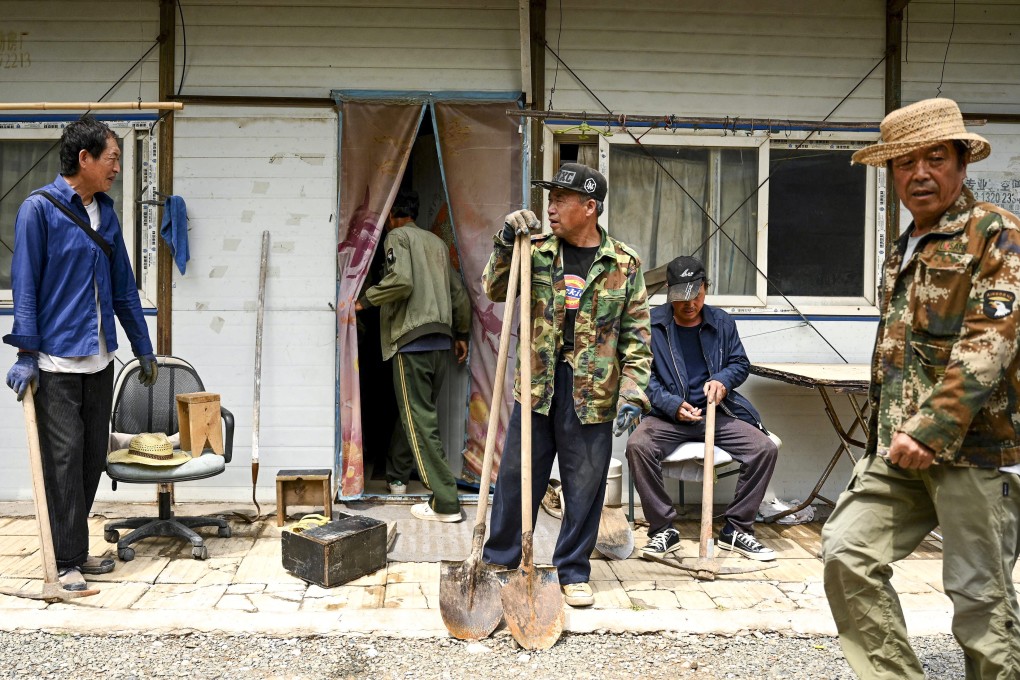China’s ‘two sessions’ 2024: long-awaited reform for 300 million migrants could open wellspring of demand
- China’s premier has laid the groundwork to provide urban residency to migrant workers, an estimated 300 million people and a bedrock for growth
- City residency would give access to better social services, and, analysts think, the kind of stability which would lead to more spending

China is mulling providing equal social benefits for its 300 million migrant workers, a move that would grant that group the same level of coverage as urban residents and, the country hopes, open a previously untapped repository of domestic demand – highly sought after as a means of avoiding economic slowdown.
“As a matter of priority, we will move faster to grant permanent urban residency to eligible people who have moved to cities from rural areas,” the premier told delegates of the nation’s top legislature and advisory body during their annual gathering, known as the “two sessions”.
“The consumer demand brought about by a person moving to the city is much higher than that of rural residents,” he said while elaborating on the report to the media on Tuesday.